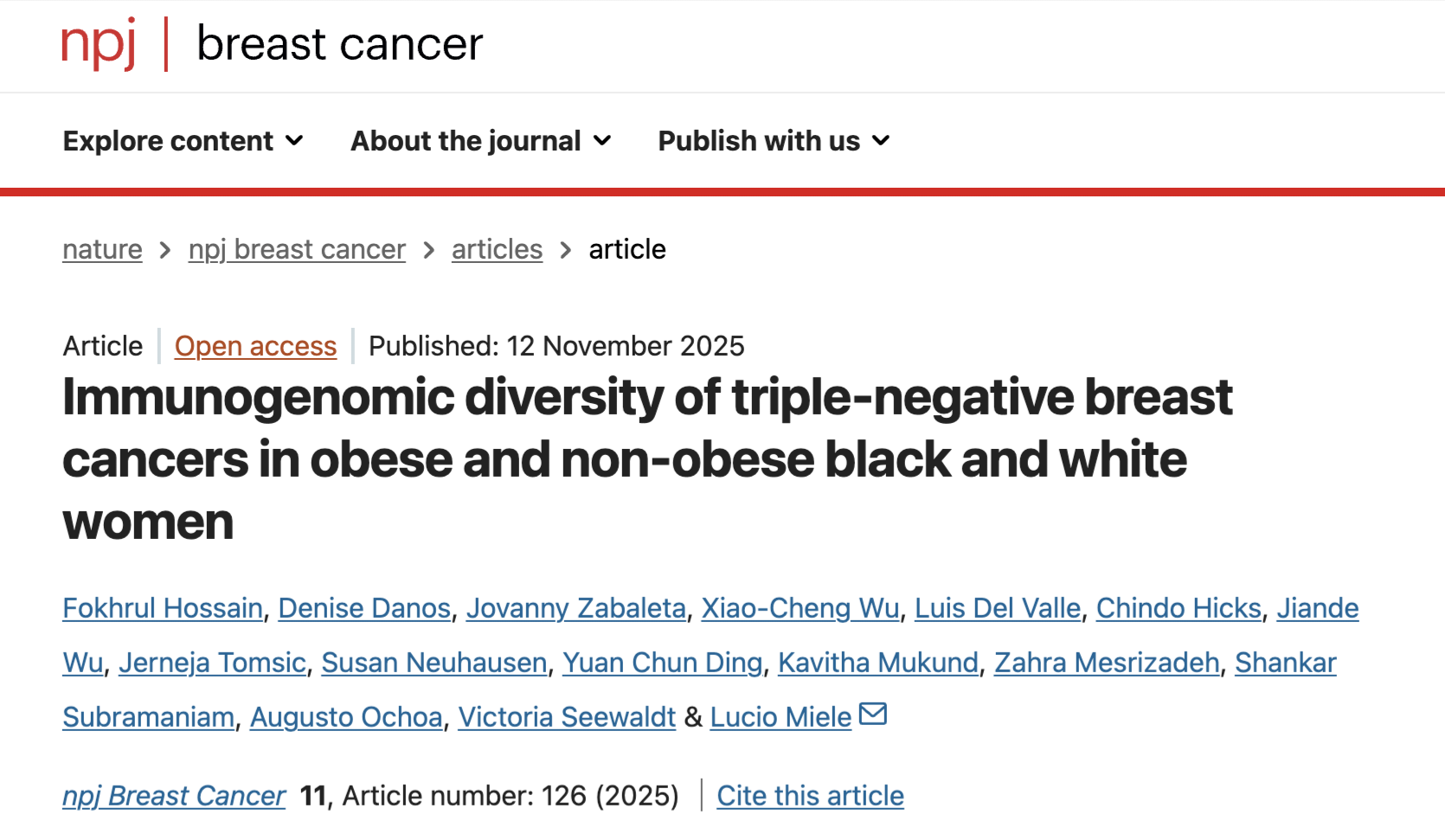
Impact of Federal Funding Cuts on Louisiana’s Research Enterprise
By Sven Davisson, LCRC Chief Administrative Officer
In Louisiana, nearly 30,000 individuals will hear the words “You have cancer” this year, making ongoing cancer research and clinical trials crucial. However, federal funding cuts threaten to halt these vital initiatives, jeopardizing progress and costing millions in lost research capital. Institutions like Tulane University and LSU Health New Orleans are already experiencing project delays, and without funding, future trials may cease entirely. As Louisiana’s researchers lead in innovative treatments, losing federal support could drive scientists to other countries, leaving patients with fewer treatment options and diminishing the state’s role as a leader in cancer research.
In recent months, federal policy changes have significantly affected research funding across the country, and Louisiana is no exception. The implications of these changes are profound, particularly for the biomedical research community, which plays a crucial role in advancing healthcare and driving economic growth in the state.
As LCRC Board Member Walter Leger, Jr., wrote in a guest column in the April 18 Times-Picayune, “Proposed National Institutes of Health funding cuts now threaten to block Louisiana’s fight against cancer and other diseases. Significant NIH funding to Louisiana in the fields of medical research totals more than $300 million annually.”
Overview of Funding Changes
One of the most concerning alterations is the proposed introduction of a 15% indirect cost cap by the National Institutes of Health (NIH). Nationally, universities typically recover an average of 51.5% in “overhead” costs, which cover essential research expenses that can’t be directly attributed to specific projects. This cap threatens to stifle the capacity of institutions like the Louisiana Cancer Research Center’s (LCRC) partners to conduct meaningful research.
Moreover, we are witnessing research grant freezes, cancellations, and delays across the NIH, National Science Foundation (NSF), and other federal agencies. For instance, a recent case involving LCRC faculty recruit Dr. Xiaochao Chan illustrates this challenge. Dr. Chan received news that his exceptional NCI research grant proposal focused on cancer biology was selected for funding weeks ago, yet he still awaits guidance on when those funds will be disbursed. This uncertainty hampers not only individual researchers but also the entire biomedical research landscape.
Impacts on Local Institutions

The Tulane Cancer Center and LSU Cancer Research programs heavily rely on federal funding to support their work. The ongoing policy shifts have serious consequences:
• Loss of Funding for Essential Research: As funding dwindles, critical research projects risk being abandoned or significantly delayed.
• Decreased Competitiveness: With fewer resources, Louisiana’s research institutions may struggle to compete with better-funded counterparts across the nation.
• Impact on Patient Care and Treatment Options: Diminished funding translates to fewer groundbreaking cancer trials and reduced treatment options for residents in Louisiana, directly affecting patient outcomes.
• Economic Impact and Job Losses: These cuts threaten research jobs at all levels, particularly for technicians and graduate student workers. Every federal research dollar generates $2.46 of activity in the local economy, and research funding is integral to sustaining local jobs and services. In fact, $1 out of every$3 of research funding used to purchase on goods and services is done so within the state.
The Broader Economic Consequences
The implications of reduced funding stretch beyond the walls of research institutions. The presence of robust academic research programs is essential for fostering growth in private-sector research and technology. A thriving research environment not only drives innovation but also supports the local economy. Cuts in funding can lead to an erosion of critical infrastructure that supports both academic and commercial research initiatives.
The ripple effects of funding cuts could mean fewer job opportunities, reduced economic activity, and, ultimately, a decline in the quality of life for Louisiana residents. As funding decreases, the potential for innovative breakthroughs in cancer treatment and other diseases diminishes, leaving patients with limited options.
National organizations from America’s academic, medical, and independent research sectors are collaborating to create a more efficient and transparent model for funding indirect costs in federal research grants. This initiative aims to address limitations of the current F&A cost reimbursement model that complicate the funding process and increase administrative burdens. By simplifying regulations and enhancing transparency, the effort seeks to ensure taxpayer dollars effectively advance research for the benefit of all Americans, supporting the federal goal of revitalizing the science and technology enterprise. As an Association of Independent Research Institutes member, the LCRC is engaged in this national discussion.
We encourage stakeholders, researchers, and the public to engage in discussions and educate others about the importance of federal research funding and to voice their concerns to their elected representatives.
The federal funding cuts and delays are not merely numbers on a page; they signify real consequences for researchers, patients, and the economy in Louisiana. By raising awareness, we can work together to ensure that Louisiana’s research and clinical enterprises remain robust and capable of delivering essential advancements in healthcare to our state's residents.





